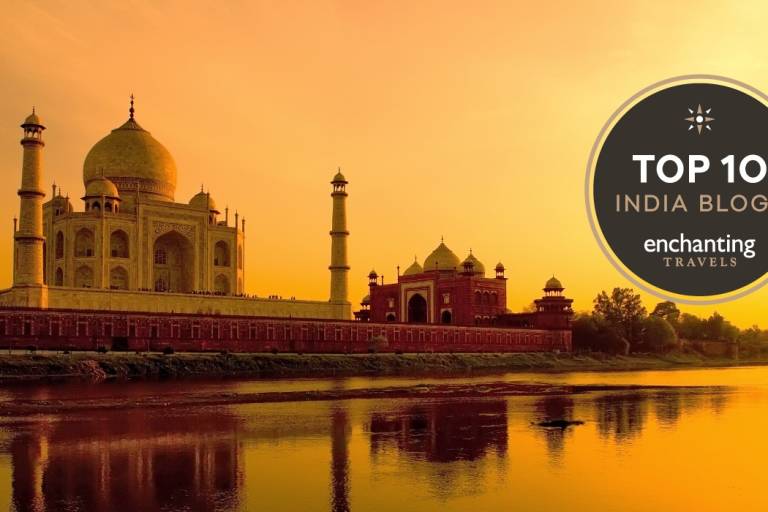
Sustainable travel is described as the hottest trend in the travel industry. Around the world, businesses ranging from high-end properties to mass tour operators recognize that offering sustainable choices is essential to ensuring that destinations are protected and continue to generate income. In India, too, travel companies like SOTC and Thomas Cook have added to their sustainable travel offerings over the past year.
Despite this, sustainable travel seems to have an image problem. Travellers often don’t know how it is defined, or what it can involve. According to a 2019 survey by travel aggregator Booking.com, 79% of Indian travellers want to make sustainable choices when they travel. Yet, 46% say they don’t want to think about sustainability during their holiday, which is a special time. For 52%, other options are more appealing; 42% don’t know how to make their travel more sustainable; 60% say it is harder to make sustainable choices on holiday than in daily life.
Clearly, the messaging isn’t working. “I think we have done a disservice by always harping on the idea of ‘doing good for the planet, for the people, instead of focusing on the deeper, richer experiences. Undoing this will take time,” says Soity Banerjee, adviser, Outlook Responsible Tourism Initiative, which promotes responsible travel through awards, events and content. Just back from Tawang, Arunachal Pradesh, Banerjee vouches from personal experience that sustainable holidays are fun, infinitely more memorable, and rarely expensive.
“I stopped overnight at a home-stay next to the monastery. The hostess suggested we go for morning prayers and was up at 4.30 am to guide us. It was an incredible experience. The sound of rain outside, monks chanting inside, the air thick with the smell of incense and butter lamps. Later, the young monks brought us cups of butter tea too. At ₹2,000 for the night for two, with meals, I can’t imagine a more fun, affordable or authentic experience.”
Manisha Pande, managing director of Village Ways, a company offering rural travel options, says tour operators need to rejig the messaging. “I firmly believe that the first thing people must see when they come to our website is that we are offering fun, experiential and immersive holidays.” When they find that their money is going to local communities, that they are having fruitful interactions, it is a bonus which brings them back, Pande adds.
The survey identifies a second problem. Despite indicating their willingness to travel thoughtfully, 42% travellers confess they don’t know what that means. “People are still talking about avoiding disposable mineral water bottles and using the ‘Don’t wash my towel’ card at hotels, but sustainable travel is much more than that,” Pande says.
She suggests travellers ask questions of tour operators. The impact on local communities is important, so find out if the property hires locals or showcases local cuisine and culture. On the ecological front, ask how they manage their waste, if the water is recycled, where their energy comes from.

Banerjee shares suggestions for sustainable experiences at popular holiday destinations. “When in Goa, skip the banana boat and go on a kayaking tour with Terra Conscious to see dolphins. Go stargazing near Pangong Tso in Ladakh, where Global Himalayan Expeditions has helped local women train with astronomers. In Rajasthan, stay at the Bera Safari Lodge and see how the leopards of Bera thrive close to villages, and try windsurfing or diving with Quest India at Rameswaram, Tamil Nadu.”
Travel companies are also bringing themselves up-to-date. “We have witnessed an emerging trend among travellers looking for packages that help them interface with the local communities and promote local culture and produce,” says Rajeev Kale, president and country head, holiday, Thomas Cook India. His recommendations for eco-friendly destinations are: Khangchendzonga National Park, Sikkim; Khonoma village, Nagaland; Mawlynnong village, Meghalaya; Lahaul-Spiti, Himachal Pradesh; Munnar, Kumarakom, Thenmala in Kerala; and Coorg, Karnataka.
Booking.com is funding sustainable travel startups with an eye on the future, says Ritu Mehrotra, country manager, India, Sri Lanka and Maldives, Booking.com. In May, the company gave a €250,000 (around ₹1.9 crore now) grant to Indian startup NotOnMap. This company seeks to empower rural communities and generate livelihoods through the preservation of culture and heritage, and by connecting travellers with “unique, differentiated experiences”.
[“source=livemint”]














